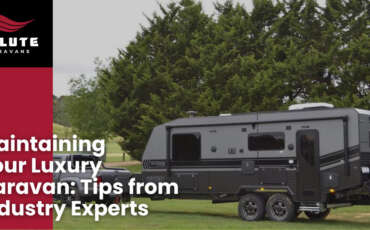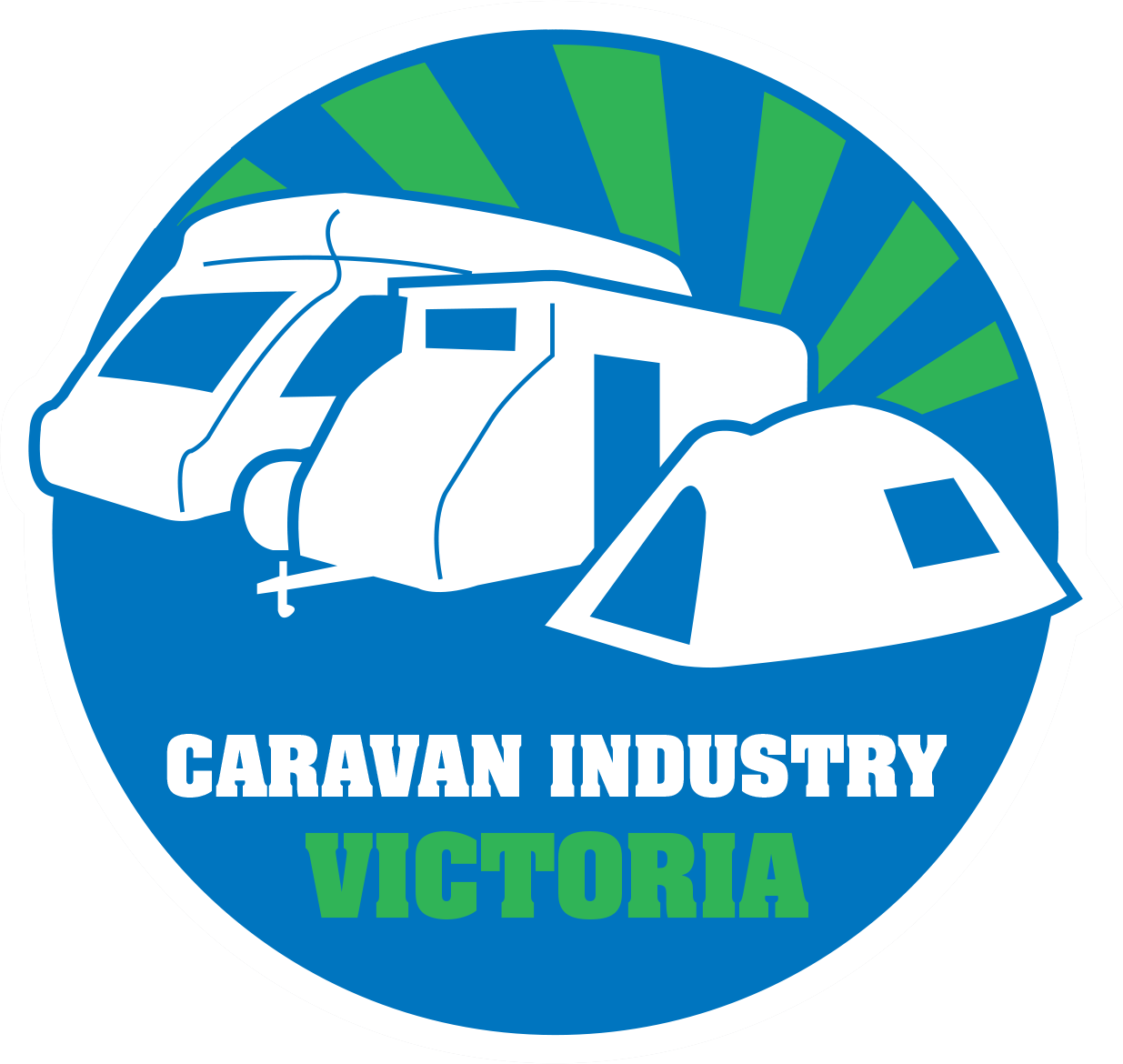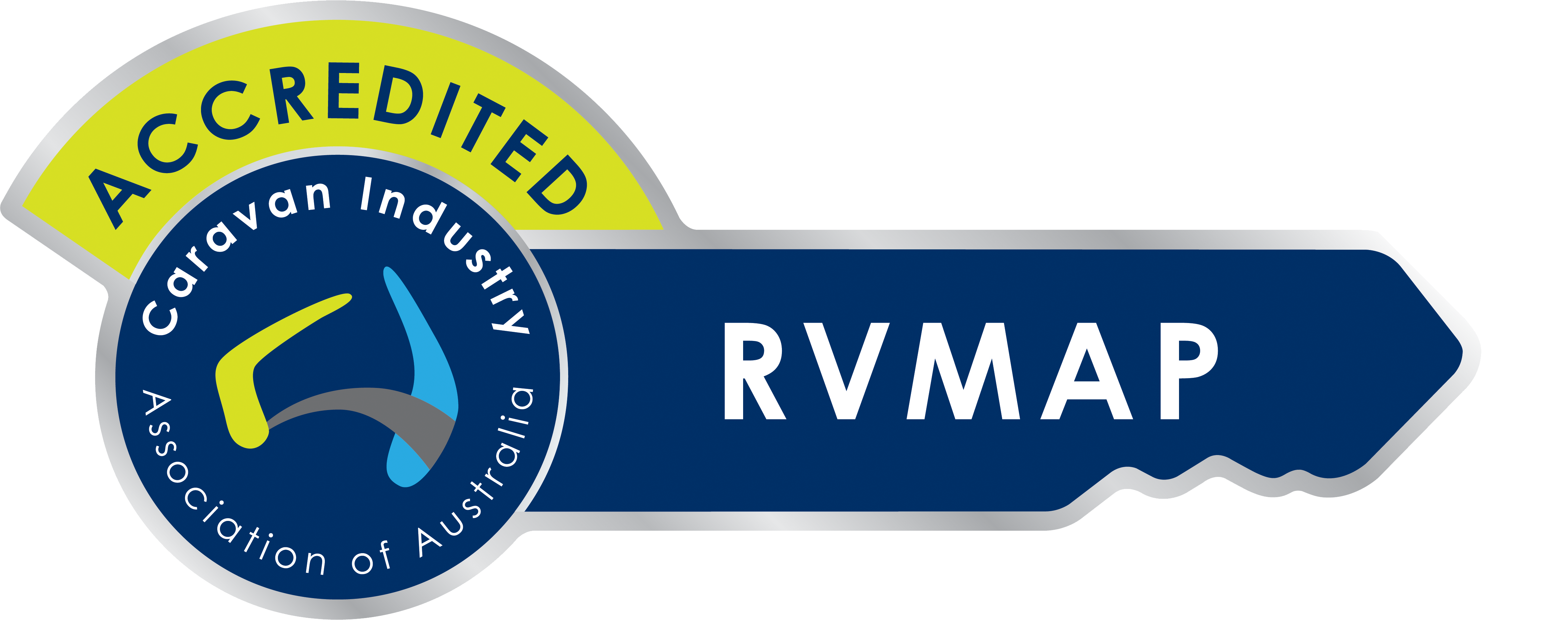Off-road caravanning is an exhilarating way to explore the great outdoors, offering the freedom to venture beyond the beaten path. If you’re new to this exciting activity, getting started might seem daunting. Don’t fret!
This guide covers everything you need to know, from starter tips and essential equipment to avoiding beginner mistakes and ensuring safety. Let’s dive in and get you ready for your first off-road caravanning adventure.
Starter Tips for Off-Road Caravanning
Starting off on the right foot can make all the difference in your off-road caravanning experience. Here are some essential tips to get you going.
Research Your Route
Knowing your route inside out is crucial for a smooth trip.
- Check road conditions: Some paths may be challenging or even impassable at certain times of the year.
- Map out fuel stops: Ensure you know where to refuel, especially in remote areas.
- Plan for emergencies: Identify the nearest towns or service stations in case of breakdowns.
Understand Your Caravan
Getting to know your caravan is vital before heading off-road.
- Read the manual: Familiarise yourself with the caravan’s features and limitations.
- Practice manoeuvring: Spend some time practising driving, reversing, and parking your caravan.
- Test the systems: Make sure all systems (brakes, lights, hitch) are functioning correctly.
Start Small
For your first few trips, choose easier terrains to build your confidence.
- Pick well-travelled routes: These are likely to be better maintained and offer more facilities.
- Stay close to help: Being near populated areas can be reassuring if anything goes wrong.
- Gradually increase difficulty: As you gain experience, you can tackle more challenging terrains.
Essential Equipment for Off-Road Caravanning
Having the right equipment is key to a successful off-road caravanning trip. Here’s a list of must-have items.
Basic Tools and Spare Parts
Carry essential tools and spare parts to handle minor repairs on the go.
- Toolkit: Include wrenches, screwdrivers, pliers, and a hammer.
- Spare tyres: Ensure you have at least one spare tyre and the necessary tools to change it.
- Fluids: Carry extra oil, coolant, and brake fluid.
Recovery Gear
Off-road conditions can be unpredictable, so be prepared with recovery gear.
- Winch: A powerful winch can help you get unstuck from tricky situations.
- Recovery tracks: These provide traction when your tyres are bogged down.
- Tow straps: Useful for pulling your caravan out of mud or sand.
Safety and Navigation
Safety and navigation tools are essential to keep you on track and secure.
- GPS device: A reliable GPS helps you navigate unfamiliar terrains.
- First aid kit: Be prepared for any minor injuries or health issues.
- Emergency beacon: Vital for signalling for help in remote areas.
Avoiding Beginner Mistakes
Even seasoned caravanners make mistakes, but you can avoid common pitfalls with some foresight.
Overloading the Caravan
Overloading your caravan can lead to mechanical issues and unsafe driving conditions.
- Know your weight limits: Check the manufacturer’s weight limits for your caravan.
- Distribute weight evenly: Ensure weight is balanced to maintain stability.
- Pack essentials only: Avoid taking unnecessary items that add extra weight.
Ignoring Weather Conditions
Weather can change rapidly, especially in remote areas, so always be prepared.
- Check forecasts regularly: Keep an eye on the weather along your route.
- Plan for extremes: Be ready for heat, cold, rain, and storms.
- Adjust plans if needed: Don’t hesitate to change your route or delay travel if weather conditions are unsafe.
Neglecting Maintenance
Regular maintenance prevents breakdowns and extends the life of your caravan.
- Perform pre-trip checks: Inspect tyres, brakes, lights, and hitch before every trip.
- Service regularly: Follow the manufacturer’s maintenance schedule.
- Address issues promptly: Fix any problems as soon as they arise to avoid bigger repairs later.
Safety Protocols for Off-Road Caravanning
Safety should always be a top priority when off-road caravanning. Here are some protocols to keep in mind.
Communication
Staying in touch with others ensures help is available if needed.
- Inform someone of your plans: Share your route and expected return time with a friend or family member.
- Use a two-way radio: Useful for communicating with other travellers or getting help.
- Carry a satellite phone: Essential for areas with no mobile coverage.
Driving Techniques
Off-road driving requires different techniques than on-road driving.
- Reduce tyre pressure: Lower tyre pressure improves traction on soft surfaces like sand or mud.
- Drive slowly: Off-road terrains can be unpredictable; slow driving allows you to react to obstacles.
- Use low gears: Low gears provide better control and power on rough terrains.
Emergency Preparedness
Being prepared for emergencies can make all the difference.
- Pack an emergency kit: Include food, water, blankets, and a multi-tool.
- Know basic first aid: Understanding first aid can be crucial in remote areas.
- Have an evacuation plan: Know how to leave an area quickly if necessary.
FAQs About Off-Road Caravanning for Beginners
What’s the best off-road caravan for beginners?
The best off-road caravan for beginners is one that’s easy to manoeuvre and has the necessary features for rough terrains. Look for models with good ground clearance, robust suspension, and essential off-road capabilities.
How do I prepare my caravan for off-road conditions?
Start by performing thorough maintenance checks, including tyres, brakes, and suspension. Ensure you have the necessary tools and recovery gear. Practise driving and manoeuvring your caravan on easier terrains before tackling more challenging routes.
Is off-road caravanning safe for solo travellers?
Yes, off-road caravanning can be safe for solo travellers, provided you take extra precautions. Inform someone of your travel plans, stay connected via satellite phone, and be well-prepared with safety gear and emergency kits.
What should I do if my caravan gets stuck?
If your caravan gets stuck, remain calm and assess the situation. Use recovery tracks or a winch to get unstuck. Avoid accelerating too quickly, as this can worsen the situation. If necessary, seek help from other travellers or use your emergency beacon to signal for assistance.
How can I improve my off-road driving skills?
Improving your off-road driving skills comes with practice and experience. Start by practising on less challenging terrains, attend off-road driving courses, and learn from more experienced caravanners. Always stay informed about the latest techniques and safety protocols.
Ready to Start Your Off-Road Adventure? Visit Salute Caravans Today!
Off-road caravanning for beginners might seem intimidating at first, but with the right preparation and knowledge, it’s an incredibly rewarding experience. By following these starter tips, equipping yourself with essential gear, avoiding common mistakes, and adhering to safety protocols, you’ll be well on your way to enjoying the freedom and excitement of off-road caravanning.
Ready to hit the trails? Visit Salute Caravans to find the perfect caravan for your off-road adventures and get expert advice to ensure your journey is smooth and enjoyable!
Contact us today and let us help you choose your very own dream caravan. Please call us on (03) 9303 7200 or leave an enquiry.



